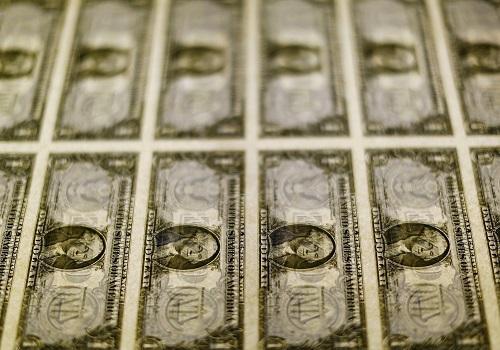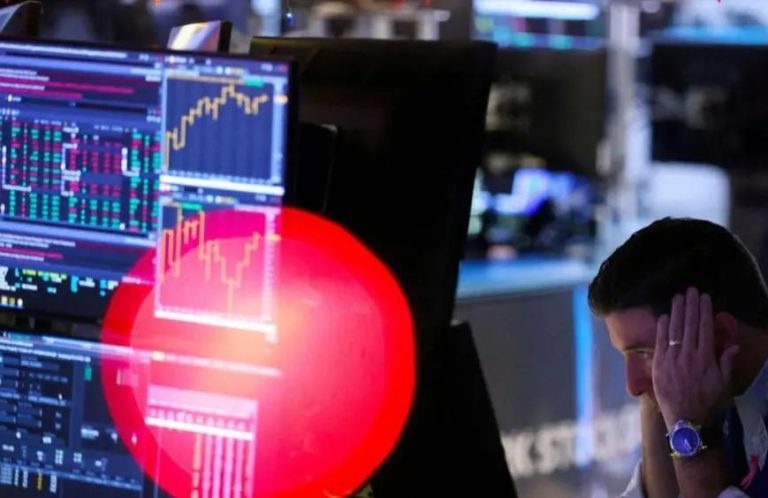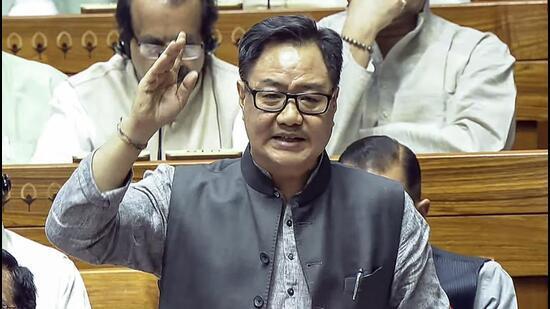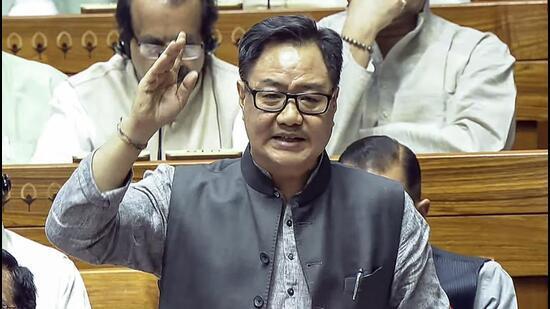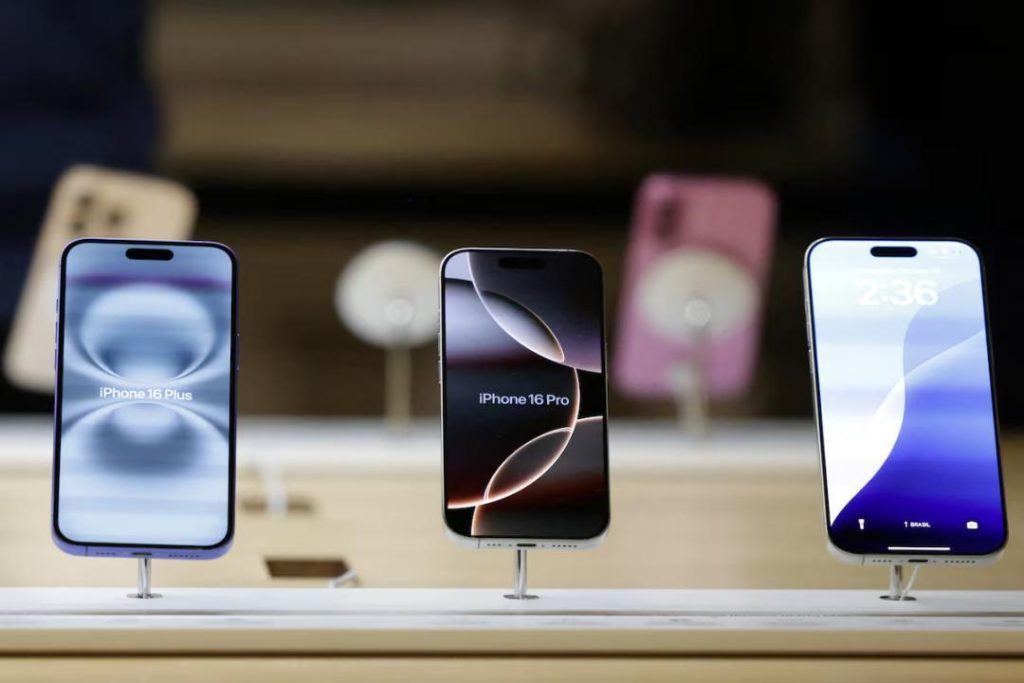
How can Trump’s Tariffs Affect Prices of iPhones?
In a move that could have significant implications for consumers, US President Donald Trump’s tariffs on China could increase the prices of iPhones by as much as 30% to 40% if Apple passes on the cost to consumers. The tariffs, which were imposed in response to China’s alleged intellectual property theft and trade secret misappropriation, could have a profound impact on the global technology industry, and nowhere is this more evident than in the world of smartphones.
According to a recent report by Reuters, the cheapest iPhone 16 model could cost around $1,142, while the iPhone 16 Pro Max could cost nearly $2,300, if Apple decides to pass on the cost of the tariffs to consumers. These prices are significantly higher than the current prices of these models, which start at around $599 for the iPhone 16 and $999 for the iPhone 16 Pro Max.
The reason for this potential price increase is simple: most iPhones are still made in China, which was hit with a 34% additional tariff. This means that Apple will have to pay more for the components and labor that go into making its iPhones, and it is likely that the company will pass this cost on to consumers in the form of higher prices.
But why are tariffs so effective at increasing prices? The answer lies in the concept of supply and demand. When a country imposes tariffs on imported goods, it makes those goods more expensive for consumers. This can lead to a decrease in demand, as consumers become less willing to pay the higher prices. In response, companies may choose to reduce production or even stop producing the goods altogether.
In the case of Apple, the company is highly dependent on China for the production of its iPhones. China’s factories are responsible for producing around 70% of the world’s smartphones, and Apple is one of the biggest beneficiaries of this production. However, with tariffs now in place, Apple may be forced to reconsider its supply chain and find alternative manufacturing locations.
But what about the impact on consumers? Will they be willing to pay higher prices for their iPhones, or will they look elsewhere for alternatives? The answer to this question is far from clear. On the one hand, many consumers are loyally attached to the Apple brand and may be willing to pay a premium for its products. On the other hand, the increasing cost of iPhones could drive consumers to look for cheaper alternatives, such as Samsung or Huawei smartphones.
It’s also worth noting that the impact of tariffs on iPhone prices could be felt far beyond the United States. The global technology industry is highly interconnected, and the effects of tariffs could be felt across the globe. For example, companies that supply components to Apple’s factories in China may also be affected, leading to a ripple effect that could have far-reaching consequences.
In conclusion, the tariffs imposed by President Trump on China could have a significant impact on the price of iPhones. While it’s impossible to predict with certainty how consumers will react to higher prices, it’s clear that the global technology industry is facing a period of unprecedented uncertainty. As the situation continues to unfold, one thing is certain: the future of the iPhone industry will be shaped by the complex interplay of tariffs, supply chains, and consumer demand.
Source:
https://www.reuters.com/technology/will-trump-tariffs-make-apple-iphones-more-expensive-2025-04-03/
